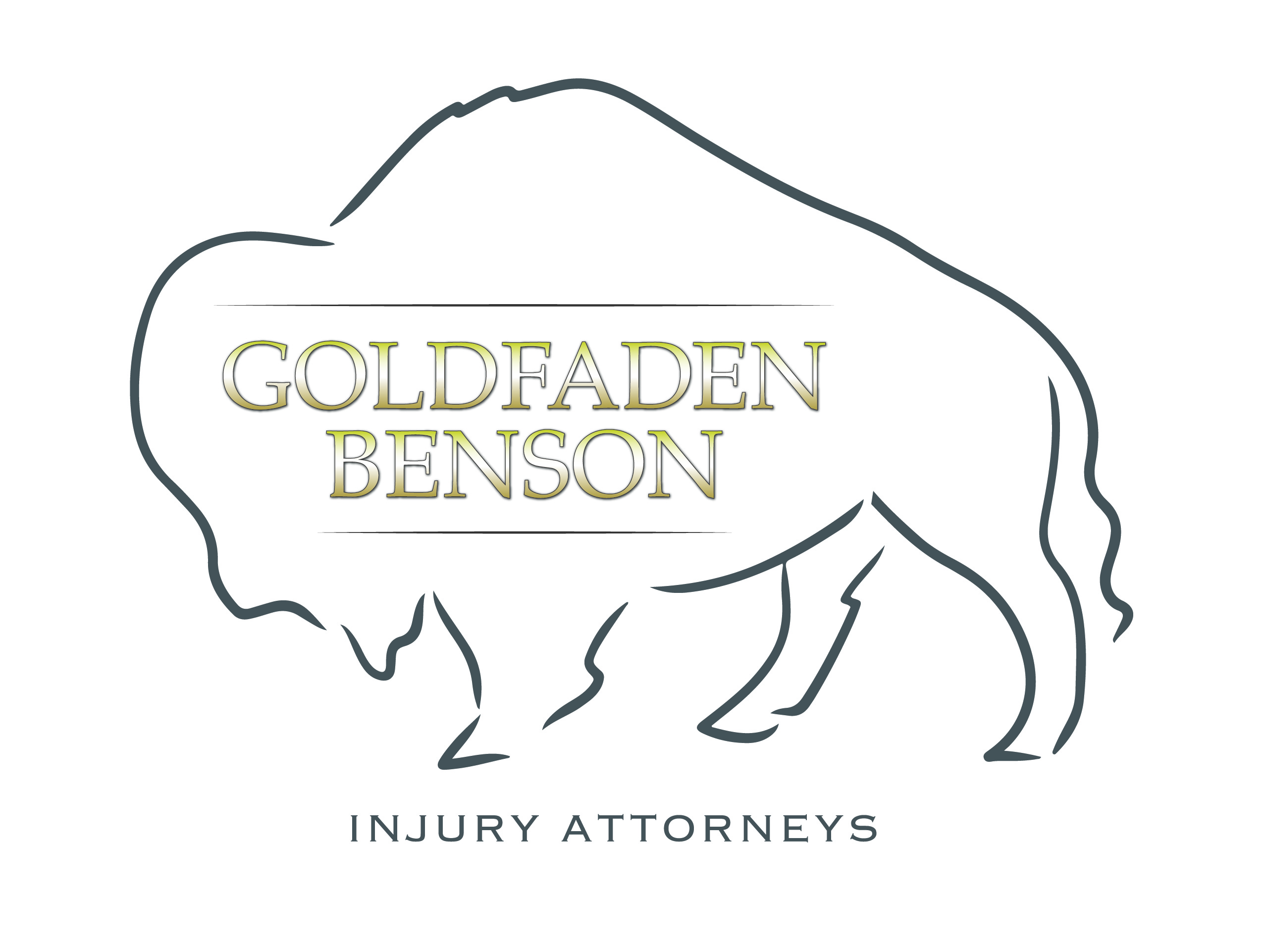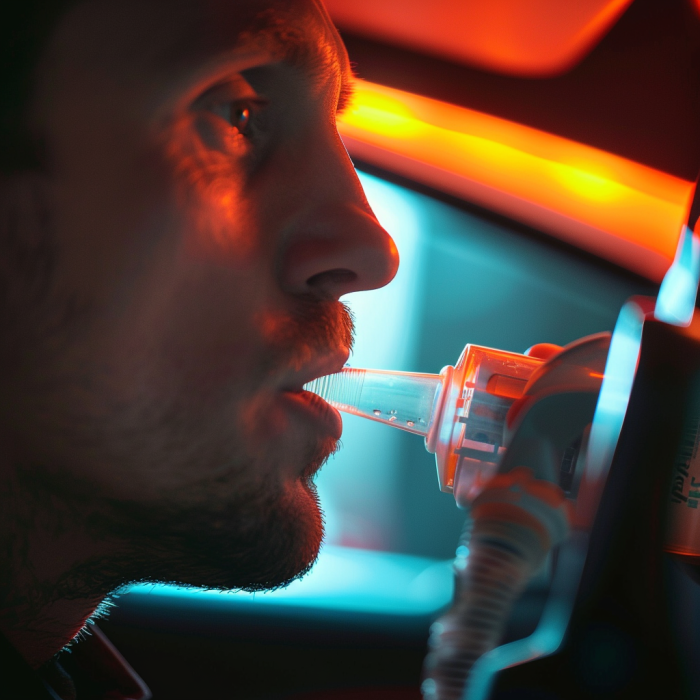The Legal Consequences of a DUI-Related Car Accident: 4 Key Points
Operating a vehicle under the influence (DUI) is not only dangerous but also carries significant legal consequences, especially if it results in a car accident. For residents of Southern California, understanding your rights and responsibilities in such situations is crucial. This article outlines the four key points you need to know about the legal aftermath of a DUI-related car accident.
Criminal Charges and Penalties
DUI Laws in California
California has stringent DUI laws designed to deter drivers from operating vehicles while under the influence of alcohol or drugs. Depending on the severity of the offense, penalties can range from heavy fines and license suspension to imprisonment. For first-time offenders, penalties may include:
- Fines up to $1,000
- License suspension for up to six months
- Mandatory DUI school
- Possible jail time
For repeat offenders, the consequences escalate, with longer license suspensions, heftier fines, and extended jail time.
Felony vs. Misdemeanor DUI
In California, a DUI can be charged as either a misdemeanor or a felony. The distinction typically depends on the circumstances of the case. For example, if the DUI-related car accident results in serious injury or death, the charge is likely to be felony DUI. Felony charges carry more severe penalties, including:
- State prison sentences
- More substantial fines
- Longer suspension or revocation of driving privileges
For more details on California DUI laws, you can visit the California Department of Motor Vehicles.
Civil Liability and Lawsuits
Civil Litigation After a DUI-Related Car Accident
If you are involved in a DUI-related car accident, you may face civil litigation in addition to criminal charges. Injured parties have the right to file a personal injury lawsuit against the at-fault driver to seek compensation for:
- Medical expenses
- Lost wages
- Pain and suffering
- Property damage
Comparative Negligence in California
California follows the principle of comparative negligence. This means that even if the injured party is partly at fault, they can still recover damages, though the compensation will be reduced by their percentage of fault. For example, if you are deemed 30% responsible for the accident, you can still recover 70% of the damages.
Understanding how comparative negligence works is crucial for anyone involved in a DUI-related car accident. If you’re facing a lawsuit, it’s advisable to consult with an experienced personal injury lawyer to ensure you understand your rights and potential liabilities.
Insurance Implications
High-Risk Designation
Insurance companies consider DUI offenders as high-risk drivers, which means your car insurance premiums will skyrocket after a DUI conviction. In some cases, your insurance provider may even cancel your policy.
SR-22 Requirement
After a DUI conviction, California law requires you to file an SR-22 form with your insurance company. This form serves as proof that you have the minimum required liability insurance. The SR-22 requirement can extend for several years, adding to the financial burden of a DUI conviction.
For more guidance on how to manage the insurance complications following a DUI-related car accident, you can check out our detailed contact page.
Long-Term Consequences
Employment Challenges
A DUI conviction can also have long-term repercussions on your employment prospects. Many employers conduct background checks, and a DUI can be a red flag that may hinder your chances of securing a job. This is particularly true for positions that require a clean driving record, such as roles in transportation or delivery services.
Professional Licensure
Certain professions require licensure, and a DUI conviction can jeopardize your ability to obtain or maintain these licenses. Occupations in healthcare, law, and some trades may have strict regulations that could be compromised by a DUI conviction.
Conclusion
A DUI-related car accident in Southern California has severe and far-reaching consequences, from criminal charges to civil liability and long-term personal ramifications. Understanding these implications can help you navigate the legal landscape more effectively. If you or a loved one is involved in such an incident, consulting with an experienced attorney can provide valuable guidance and support. Contact Goldfaden Benson for expert legal assistance in these challenging times.
FAQs
1. What should I do immediately after a DUI-related car accident?
Seek medical attention, report the accident to law enforcement, and consult with an attorney as soon as possible. Document everything, including photos and witness statements, to support your case.
2. Can I lose my license for a first-time DUI offense in California?
Yes, a first-time DUI offense can result in a license suspension for up to six months, in addition to other penalties like fines and mandatory DUI school.
3. How does California's comparative negligence law affect my DUI accident case?
Comparative negligence allows you to recover damages even if you are partly at fault. However, your compensation will be reduced by your percentage of fault.
4. What is an SR-22 form, and why do I need it?
An SR-22 form is proof of insurance required by the state after a DUI conviction. It confirms that you have the minimum liability insurance necessary to maintain driving privileges.
5. How can a DUI conviction affect my job prospects?
A DUI conviction can appear on background checks and may hinder your chances of securing employment, especially in jobs requiring a clean driving record or professional licensure.
For expert legal guidance tailored to your situation, don't hesitate to contact us.







